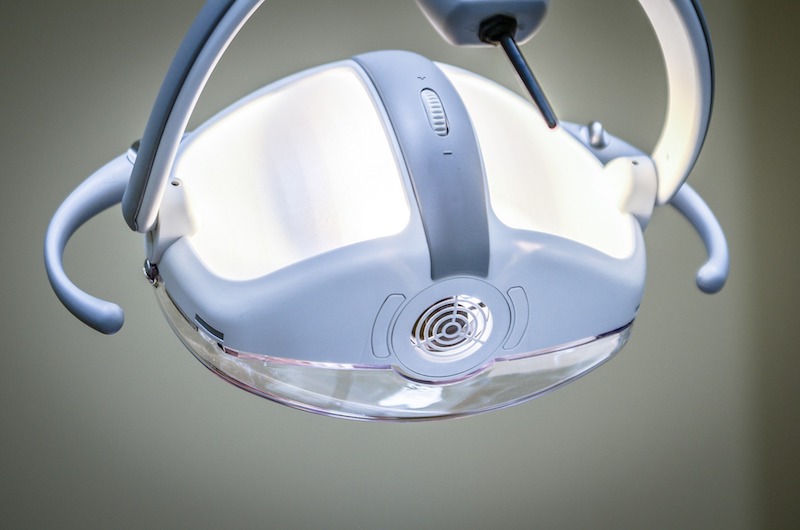When teeth are damaged or become unhealthy, the first symptom of trouble is typically the development of a cavity. Cavities are formed when sugar or other food particles remain on the teeth too long and the bacteria in your mouth breaks it down and produces a corrosive acid in the process.
This acid erodes the enamel of the teeth and then the underlying dentin causing cavities to form. When a cavity is not treated quickly, the decay can move deeper into the root of the tooth and a root canal will be required to stop the decay, prevent infection and save the tooth.
Typically, a root canal removes all infection and decay while preventing the need for any additional dental treatment. However, at times, the infection continues to spread after the treatment or the patient has a particularly complex root canal anatomy or there are complications with the root canal treatment and additional procedures are necessary. The next two options available are a root canal retreatment or apical surgery (often called root canal surgery).
A root canal retreatment involves removing the crown or filling from the initial root canal procedure, re-cleaning the canal and then examining the root with a special surgical microscope and digital radiography to pinpoint remaining issues and to define additional treatments, if necessary. When the examination is complete, an additional cleaning is conducted and the root canal is re-sealed. The patient will return to their regular dentist for the placement of a permanent crown or filling a few days after the retreatment is complete.
In the case where neither a traditional root canal nor a root canal treatment can effectively eliminate infection and decay, root canal surgery is conducted. Unlike the standard root canal treatment or root canal retreatment that clean and remove infection, and then fill the root canal with a crown or filling, apical surgery re-cleans the area and then removes the root and any surrounding tissue impacted by the infection and the decay. (This procedure is conducted with a ceiling-mounted surgical microscope that utilizes LED lighting.) When the surgery is complete, sutures seal the incision and an ice pack is provided for added comfort. The sutures are removed two to three days the surgery, and then a visit to the patient’s dentist is required for permanent crown or filling placement.
East Coast Endodontics and Dr. Jesse Harris offer Richmond, Virginia the highest quality root canals and root canal therapies. To schedule an appointment or to ask questions regarding root canal procedures, please contact us at: 804.559.3636.

